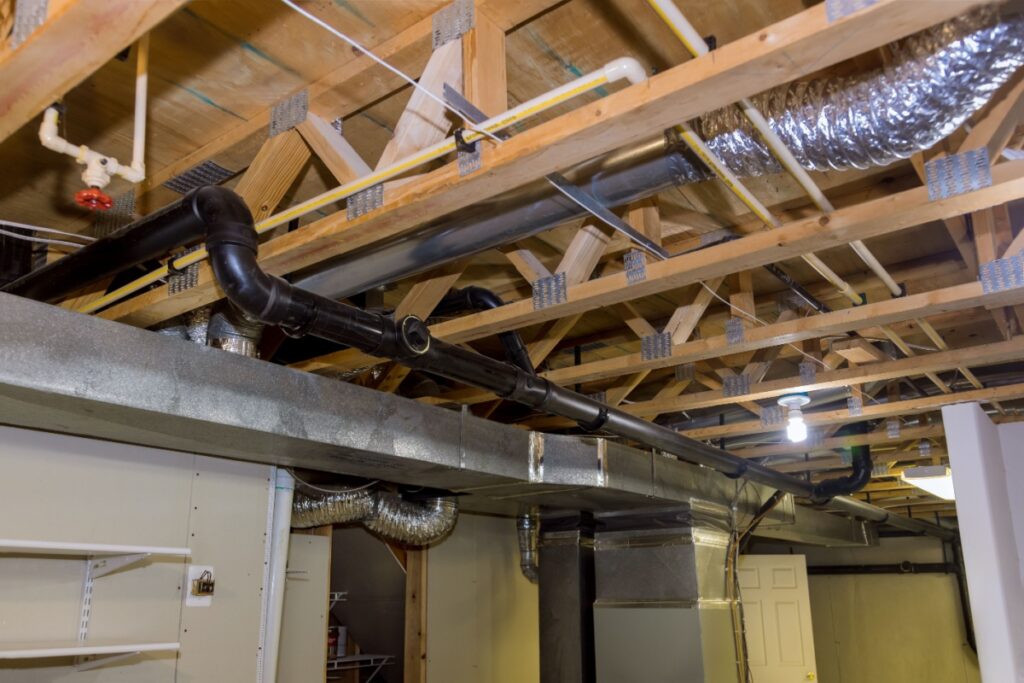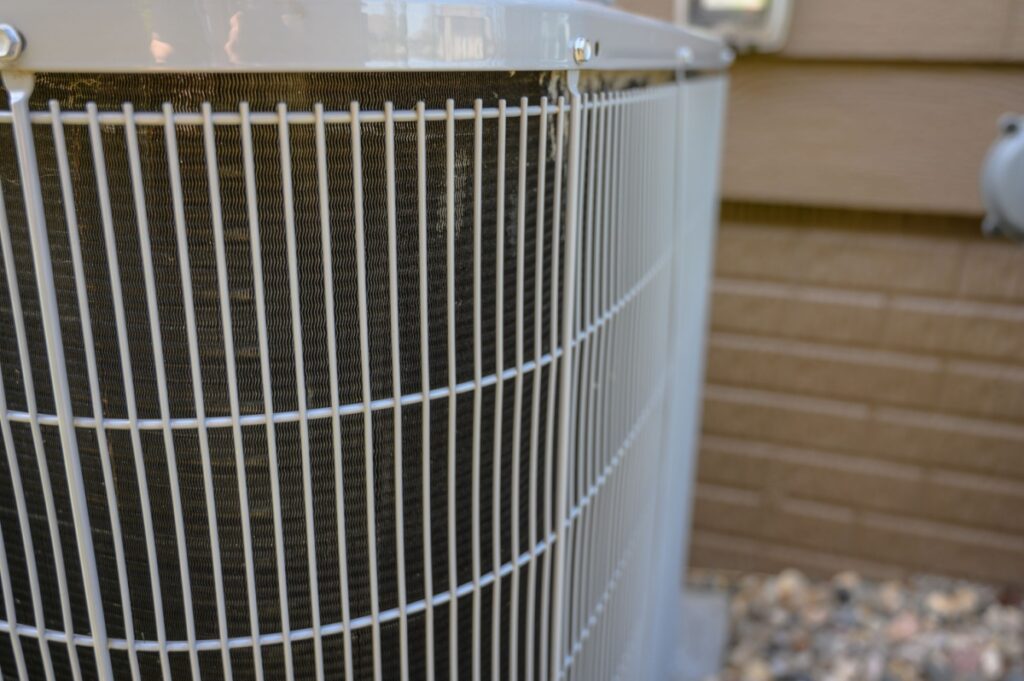The energy needed for heating and cooling a home makes up a large percentage of electricity bills, so finding ways to improve HVAC system efficiency is a great way to save money. For that reason, having reliable ductwork is important. When they’re old and inefficient, ducts can waste energy and cost you more in the long run — not to mention they will make your home less comfortable to live in.
One method of improving your home’s energy efficiency is to insulate HVAC ducts. However, some homeowners have opted to replace their old ducts outright with brand-new ones. This begs the question — should ductwork be insulated or replaced? Here’s a look at the benefits of both and why you might want to choose one option over the other.
When Should Ductwork Be Insulated?
If you’re looking for a relatively inexpensive way to make your ductwork quieter and lower air loss, then you may want to insulate HVAC ducts. Part of the reason it’s more cost-effective than a full replacement is that insulation costs can be paid back in a few years, thanks to the saved energy costs. Insulation can hamper the flow of heat, and depending on the type of insulation you use, it can become even more resistant to heat. With that in mind, more expensive insulation is better at blocking heat movement. Two kinds of insulation you’ll likely come across are duct liners and duct wrap — the latter of which is easier to install.
However, it’s worth noting that you can’t fix every problem with your system when you insulate HVAC ducts. Installing insulation will do nothing to address any leaks in your ducts, which are holes that can allow air to flow through along with airborne contaminants. According to the Department of Energy, air duct leaks can waste between 20% to 30% of energy and reduce the overall efficiency of your HVAC system. If you do plan to insulate HVAC ducts, you’ll have to deal with these leaks beforehand. Sealant and foil tape can be used to patch up any leaks in ductwork.
When Should You Replace HVAC Ducts?
Rather than insulate HVAC ducts, it may be wiser to replace them entirely based on the circumstances. While it can be more expensive, it will offer better energy efficiency, and your new duct system will last longer. As with insulation, there are multiple kinds of ducts to consider. Sheet duct metal is very strong and can help curb condensation and moisture — inside and outside of the system. Fiberglass ducts are another alternative that is also sturdy, good at preventing hot or cool air from seeping out, and easy to clean as well.
Although it may be better financially to insulate HVAC ducts, insulation works best when the ductwork is already in good condition. In situations where the ducts have serious wear and tear and are very damaged, a complete replacement is likely the better option. Additionally, if your duct system is old and well past its prime, then it’s a sign that it’s time for a new one. When you install new ductwork, you’ll also be able to have it more optimally designed for your home.
If you need HVAC ductwork installation contractors to assist with your replacement, we’ll be happy to help. JC & JC HVAC Mechanical Contractors offers a wide range of duct system services, and we’re one of the best heating repair companies in our area. Reach out to us today for more information on our HVAC services and to schedule your appointment.








